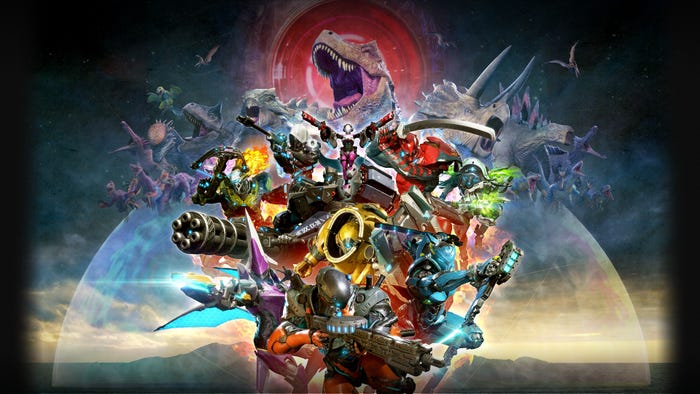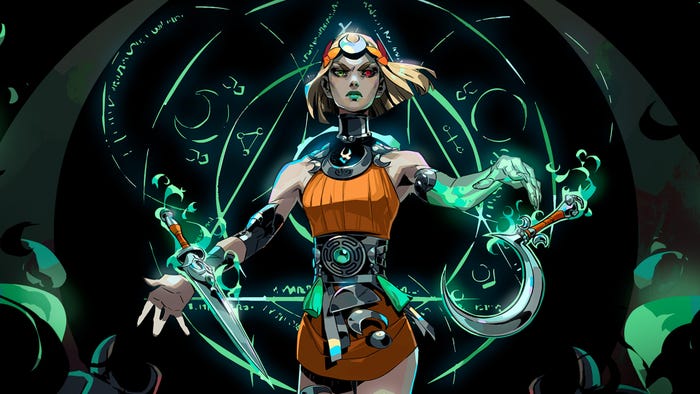Zynga's biggest gamble yet
As Zynga continues to bleed execs, a new COO emerged -- from an online gambling company. Gamasutra editor-at-large Chris Morris examines Zynga's tricky transition into the gambling market.

With news of another pair of executives bolting from Zynga Monday, it seems time to start focusing on who's filling those increasingly empty seats, rather than who's left in them. While chief technical officer Allan Leinwand and chief marketing and revenue officer Jeff Karp explore other pastures, the pressure is about to start mounting on Maytal Ginzburg, who came on board at the end of last month to fill the chief operating officer position left vacant by John Schappert's unceremonious departure from the company. Will Ginzburg be able to staunch the bleed? Probably not. Zynga execs are at the top of every headhunter's wish list -- and they generally seem ready, if not eager, to leave. But the bigger question is: Can she turn things around? And that's a little harder to answer. Ginzburg, as has been widely reported, was most recently senior VP of regulated markets at 888 Holdings, an online gambling firm. And that could be worth something as Zynga works to reinvent itself these days. That metamorphosis could begin early next year with the release of a real-money version of Zynga Poker, slated to hit the U.K. in 2013. The gambling market is a crowded one, filled with established players. But Ginzburg's hiring could help even the odds a bit.
High stakes
Online gambling is still illegal in most U.S. states -- and it's expensive in those areas where it's allowed. Right now, only Nevada has authorized online poker -- and Digital Trends puts the figure for an online gambling license there at between $1 million and $1.3 million. California, New Jersey and Illinois are considering joining Nevada, but have not yet moved forward with plans. Meanwhile, there's also an intense lobbying effort underway to legalize online gambling on a federal basis. This all comes after the Department of Justice, after years of saying otherwise, announced last December that the law prohibiting online gambling only encompassed sports wagering. Legal experts said that opened the door for individual states to allow online poker and the like, with the caveat that the games don't cross state lines. Financially, that's like honey to a bear for a company like Zynga. Before a recent crackdown by officials, online gambling was a market with $18 billion in wagers in 2010. Ginzburg's hiring indicates Zynga believes that market is about to open up further -- without the legal headaches that have historically come with it. And it's positioning itself to be a first mover in the field. That strategy worked well with social gaming for Zynga (particularly in its relationship with Facebook), but this is a different game altogether: Zynga doesn't exactly have this market to itself. Online gambling giant PokerStars agreed to pay a $731 million settlement to the Justice Department last month (acquiring Full Tilt Poker in the process), following the same hunch that Zynga seems to be feeling. PokerStars, though, has over 50 million registered players. That seems small compared to Zynga's 306 million monthly active users, but it's a very focused audience. Zynga may have a strong brand awareness in the U.S., but whether it's a go-to site for people who want to play poker is untested. And when it comes to brand awareness, companies like Caesar's and MGM Grand easily trump Zynga.
A game of chicken
The ace up Zynga's sleeve could be its developers. Scoff though the core audience might at the company's games, it knows how to draw an audience. And since presentation is a big part of what differentiates gambling sites, Zynga's expertise in creating addictive experiences could come in very handy. Blend that with Ginzburg's understanding of how to build a successful gambling site and it's easy to envision how this could help turn things around for Zynga. The problem is: There are a lot of "ifs" standing in the way of that happening. And if the government sticks by its guns and continues its lockdown on online gambling, Zynga could see things get even worse. That's something that should give other social game makers considering this route reason to pause. A firm with projected bookings of over $1 billion this year has a little wiggle room when it comes to games of chicken with the government and gambling giants. Smaller firms don't. And even those that do take the leap of faith and focus on this area will find themselves jumping from one incredibly competitive market to another – one that comes with much higher operating costs and even more federal scrutiny that the FTC's COPPA. Online gambling might seem like the Promised Land as the social gaming space contracts, but it's a game for big rollers. The truth is social gaming isn't dying. It isn't going away completely, despite what the doomsayers might be crying. It's going through a natural evolutionary process that all aspects of the game world have in the past. And while cash-rich, public companies need to chase opportunities like this to keep stockholders happy, it's something other social gaming companies should weigh heavily before emulating.
About the Author(s)
You May Also Like













